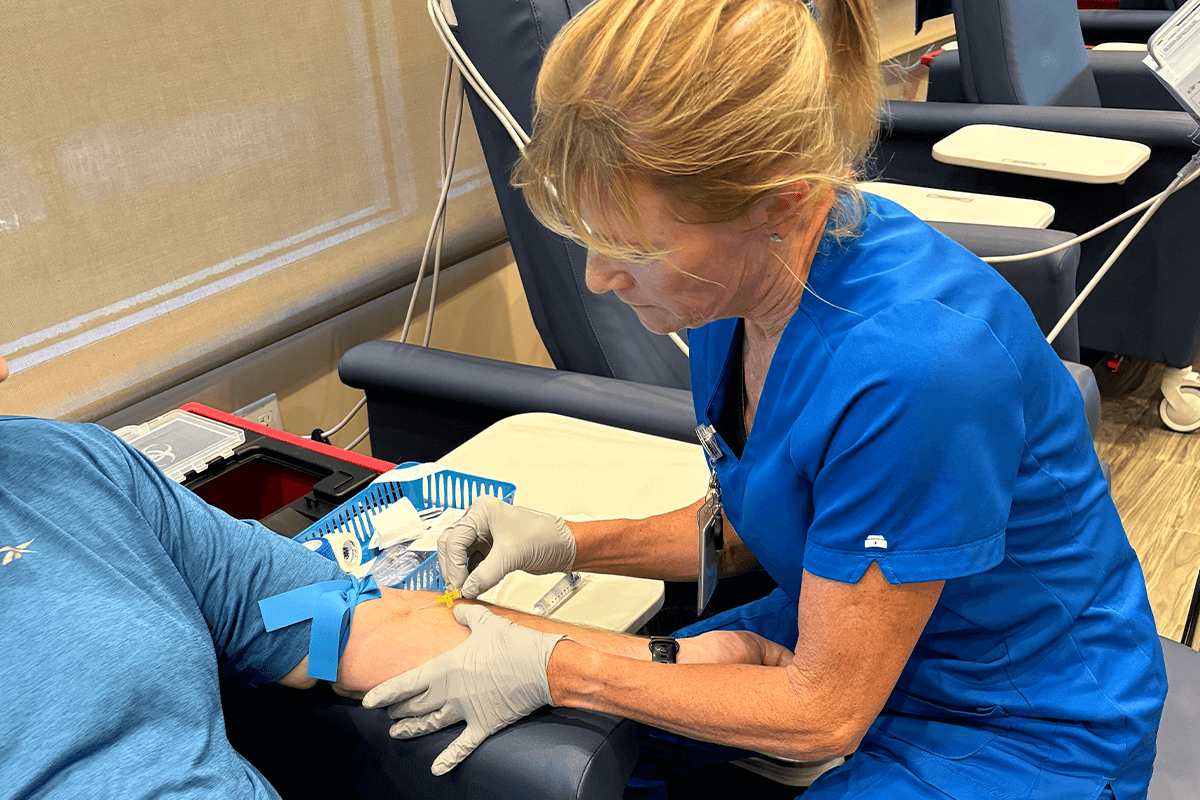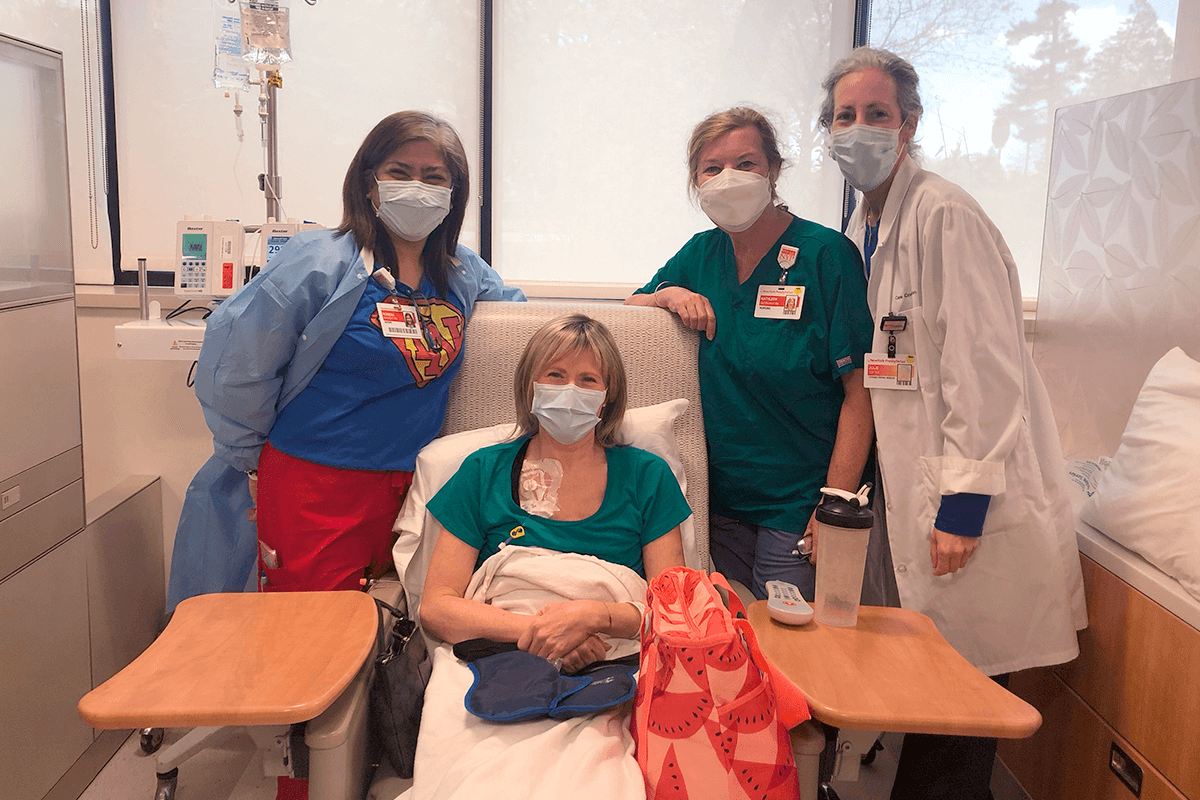Oncology nursing is a unique and deeply impactful specialty within the healthcare field. As an oncology nurse, you play a crucial role in the journey of patients battling cancer, offering medical care, emotional support, and a compassionate presence during one of the most challenging times in their lives. Here’s an in-depth look at what it means to be an oncology nurse, the rewards and challenges of the role, and the profound impact these dedicated professionals have on their patients and their families.
The Role of an Oncology Nurse
Oncology nurses are responsible for a wide range of duties aimed at providing comprehensive care to cancer patients. Their responsibilities include:
- Administering Treatments: Delivering chemotherapy, radiation, and other cancer treatments while monitoring patients for side effects and complications.
- Patient Education: Educating patients and their families about the disease, treatment options, side effects, and self-care strategies.
- Symptom Management: Helping patients manage pain, nausea, fatigue, and other symptoms associated with cancer and its treatment.
- Emotional Support: Offering a compassionate ear, emotional support, and counseling to patients and their families.
- Coordinating Care: Collaborating with a multidisciplinary team of healthcare professionals to develop and implement individualized care plans.
The Rewards of the Job
Building Deep Connections: Oncology nurses often form deep, meaningful connections with their patients. The extended nature of cancer treatment allows for the development of strong bonds, making the role both personally and professionally rewarding.
Making a Difference: The care and support provided by oncology nurses can significantly improve the quality of life for patients. Knowing that your work contributes to easing the burden of cancer and enhancing patient well-being is incredibly fulfilling.
Witnessing Triumphs: Celebrating victories, big and small, with patients is one of the most rewarding aspects of oncology nursing. Whether it’s the end of a treatment cycle, remission, or simply a good day amidst the struggle, these moments bring immense joy.
Continual Learning: Oncology nursing is a field that requires ongoing education and training. This constant learning and adaptation keep the work challenging and intellectually stimulating.
The Challenges of the Job
Emotional Strain: Oncology nurses often face emotionally intense situations, including the suffering and loss of patients. Managing personal emotions while providing unwavering support to patients and families is a significant challenge.
Complex Care: Cancer treatment involves complex regimens that require meticulous attention to detail. Ensuring the safe and effective administration of treatments demands a high level of expertise and vigilance.
Patient Advocacy: Advocating for patients’ needs, preferences, and rights within the healthcare system can be demanding. Oncology nurses must navigate medical, ethical, and sometimes bureaucratic challenges to ensure the best care for their patients.
Burnout Risk: The combination of emotional and physical demands places oncology nurses at risk for burnout. It’s essential for nurses to engage in self-care and seek support to sustain their well-being.
Impact on Patients and Families
Oncology nurses profoundly impact the lives of their patients and their families. Their contributions include:
- Holistic Care: Providing comprehensive care that addresses physical, emotional, and psychological needs.
- Empowerment: Educating patients and families empowers them to make informed decisions and take an active role in the treatment process.
- Compassionate Presence: Offering a steady, compassionate presence during the ups and downs of cancer treatment provides comfort and reassurance.
- Support Systems: Helping families navigate the complexities of cancer care, ensuring they have the resources and support they need.
Being an oncology nurse is a role that requires immense compassion, resilience, and dedication. It’s a profession that challenges you to give your best every day while offering the opportunity to make a profound difference in the lives of those battling cancer. Despite the emotional and physical demands, the rewards of building deep connections, witnessing patient triumphs, and providing holistic, compassionate care make oncology nursing a truly remarkable and fulfilling career. Oncology nurses are not just caregivers; they are pillars of strength and sources of hope for their patients and their families.



.png)


